The Magic of Coaching Continues to Impress – My Personal Story
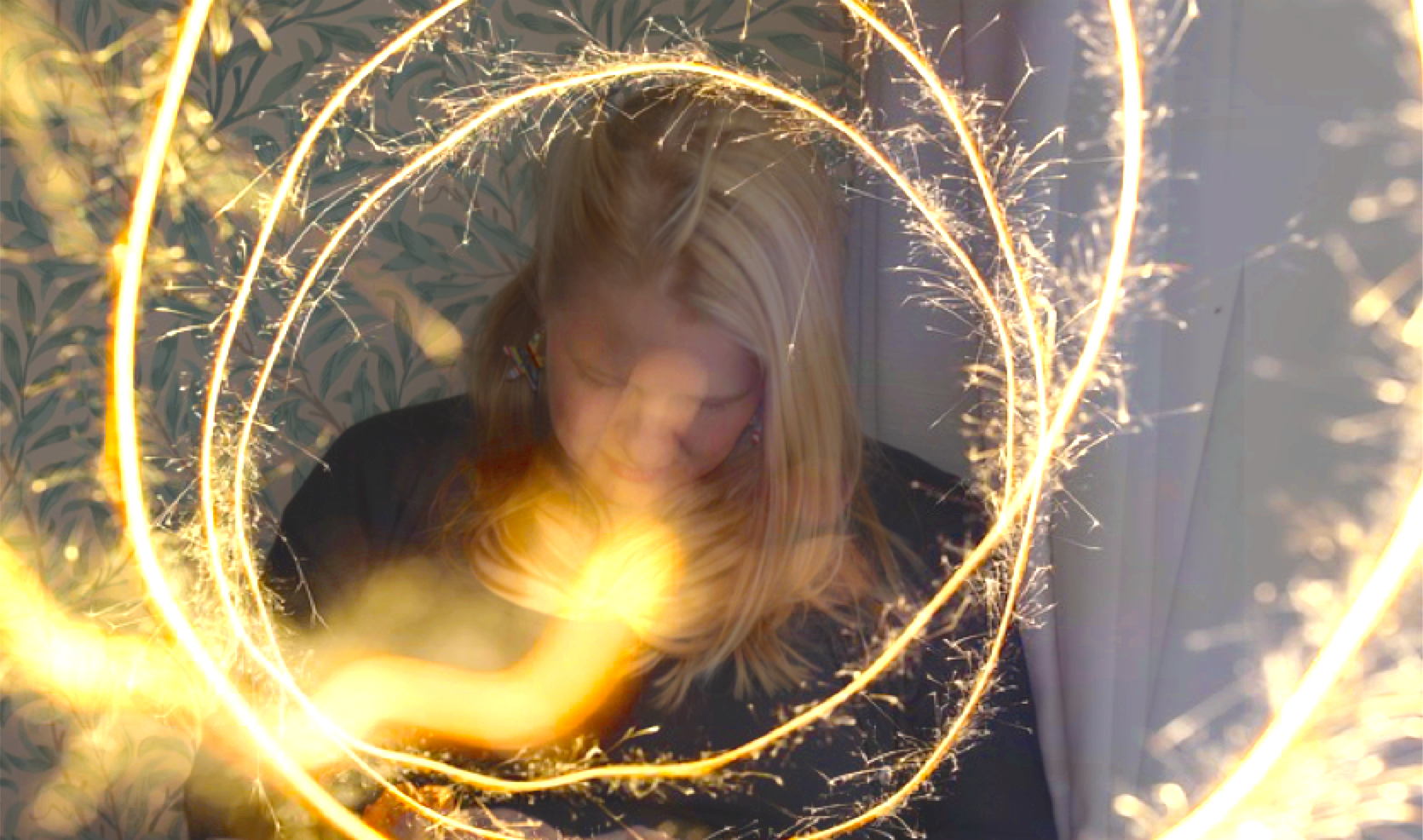
I have been through a rough patch lately, but thankfully I am now through to the other side… and can tell you about it… partly because I think it helps to share these stories, but partly too because in this world, as adults we often expect ourselves to be perfect… but we are not. We are human and therefore perfectly imperfect…
Wonderfully I had a coaching session with Kristen (my coach) a few weeks ago and lots of good things have come from it. The session gave me a good dose of an alternative perspective and a chance to reflect on the journey I have been on for the past year.
I usually have a coaching session each month, but Kristen has been a bit busy lately; five months ago she had a beautiful baby boy and we had lost touch for a while. I hadn’t wanted to bother her, remembering how intense, amazing and exhausting the first few months of being a Mum can be… I also thought, ‘I should be able to handle this…’ but I was wrong… this one coaching session made a huge difference.
We all have ups and downs, and sometimes just when you think you have a handle on life – a little voice of uncertainty can creep in…why aren’t things working the way I want them to? What have I really got to offer? Why don’t I get asked for job interviews? Why don’t I fit in to what employers are looking for? Why did I spend all those years studying to be looking at doing this? Things can swirl around in our heads and we can become paralysed with fear of making the wrong decision as self-doubt creeps in…
Trusting that the right opportunity will present itself in time is a difficult thing… How do you hold your nerve? What allows us to say yes to something that we feel in our heart to be the wrong direction? It is doubt? Doubt that we are good enough? Doubt that we know enough? Doubt that we are worthy?… Berne Brown says
“Overcoming self-doubt is all about believing we’re enough and letting go of what the world says we’re supposed to be and supposed to call ourselves.”
― Brené Brown, The Gifts of Imperfection: Let Go of Who You Think You’re Supposed to Be and Embrace Who You Are
Change and transitions for parents, is want I have been writing and thinking about for years now… But even with my years of training as a coach and researching why change and transition has us tying ourselves in knots I still managed to tie myself in knots! Thankfully I have Kristen to turn to when things get tough.
It has been almost a year since Ardyn, my youngest son started high school. Even going into this change with my eyes wide open I have still had a challenging time trying to make sense of what was next for me. In a flurry of activity in the last part of 2017 I opened to possibilities of what my next direction might be. With Kristen’s help I let go of writing blogs and trying to get workshops filled and put my energies into finding what was next… Through this I found myself considering options that I had previously shied away from, retail, full time 9-5 work, any number of positions that I had not considered for years. This process, although often deeply challenge, has also allowed me to feel a freedom I haven’t experienced for a long time… This process has led me in some new and exciting directions!
I am excited to announce that the result of moving through my ‘rough patch’ I have been able to realign my values and now alongside my work within Your New Wings – Life Coaching, I am now:
Director and Co-Founder of Enhanced Relocation, where my very talented business partner Linda Spencer and I offer a new way for families to relocate and integrate into the Heart of England. We would love your thoughts on what we have created! Check out www.enhancedrelocation.com Any and all feedback very welcome…
Lead Coach at Teen Direct, where a team of experienced coaches provides career coaching for 13 – 19 year olds to empower and build the confidence of our young people. Teen Direct is the teenage component of the local company Career Seekers Direct the inspired creation of Eva Harrison who has been developing it over the past 5 years. www.teendirect.biz
An Independent Consultant for Neal’s Yard Remedies Organic, a multi award-winning English wellbeing and beauty company whose environmental and ethical values are closely aligned with mine. This allows me to offer trusted, ethical, gorgeous products to families to enhance wellbeing not just for themselves, but for the planet… uk.nyrorganic.com/shop/tina/
I have recently learnt a new word. Multipreneur… I guess that is what I am… Human, imperfect and a work in progress, as we all are…
This whole experience has highlighted to me what I have always believed. We all need a coach… Coaching is an almost magical experience where we get to choose who we want to be and get supported to create that in reality. The journey is not a straight line, more like a 3D scribble!
Soon I will be updating my landing page for Your New Wings to better reflect the range of what I do. And remember, our journeys are not straight lines, but more of a scribble. Adding coaching is like adding magic.
Who do you want to be?
xx Tina
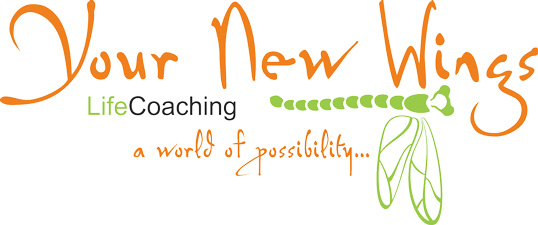
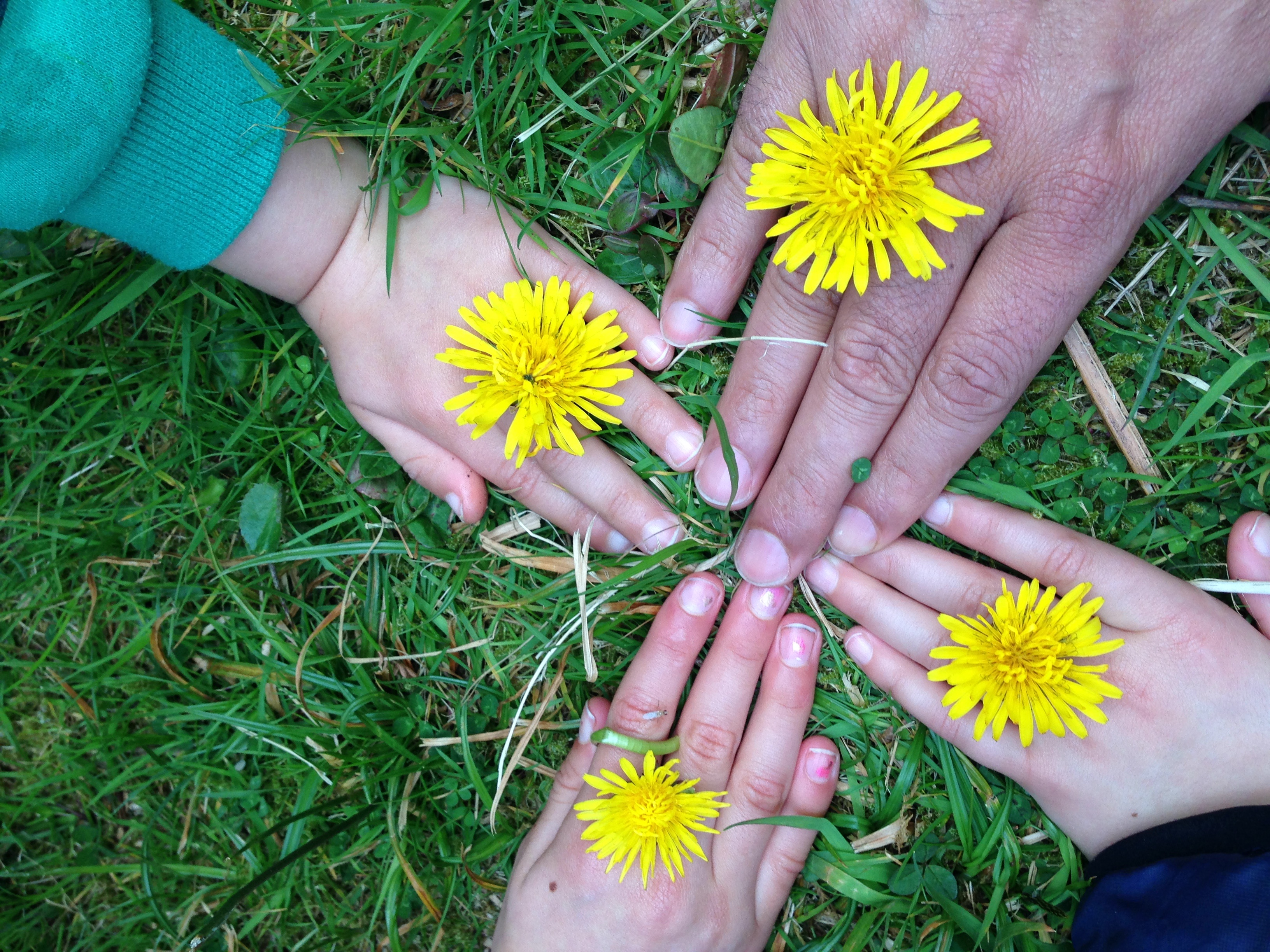
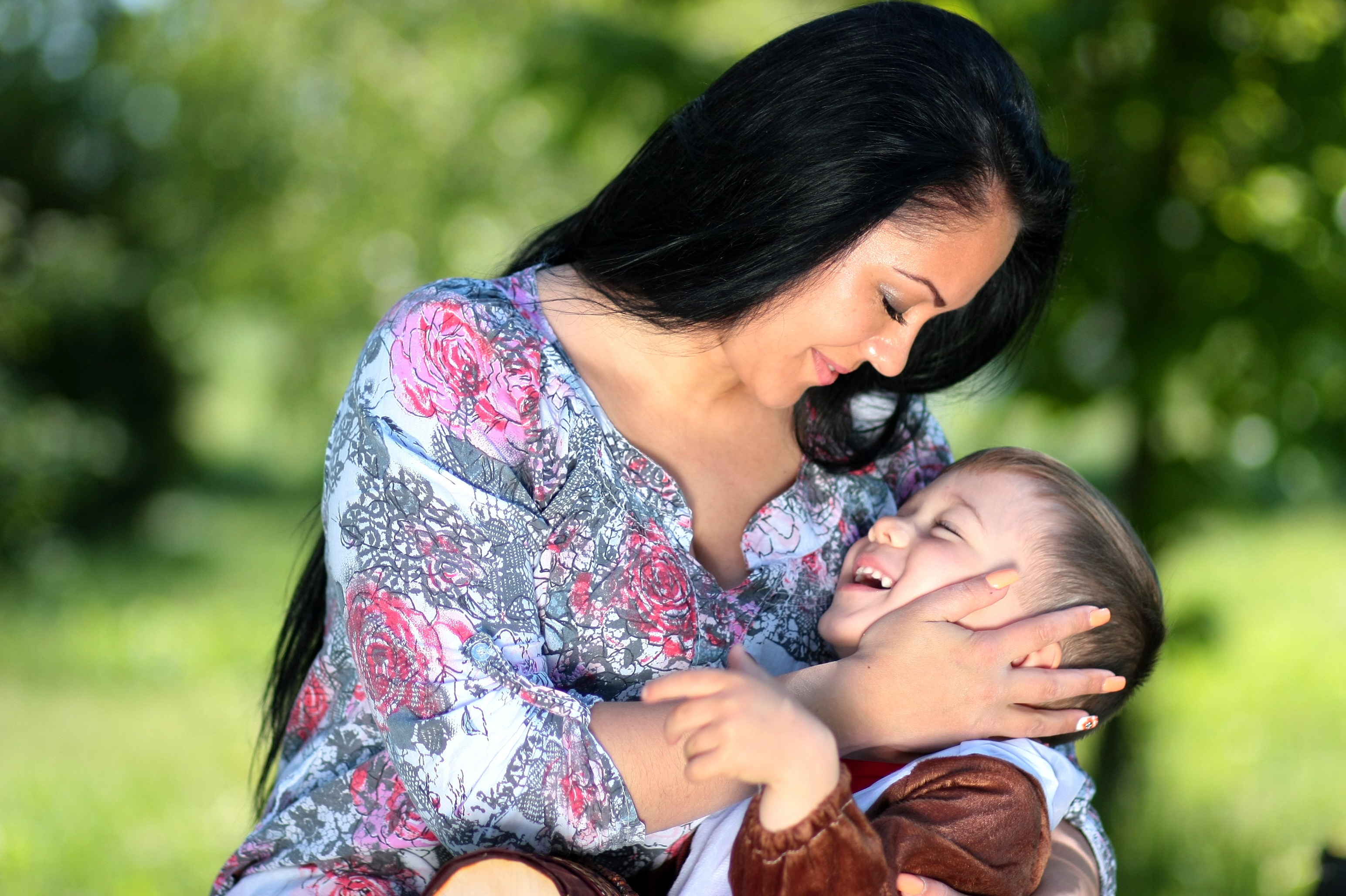


 Each of the above stages bring new challenges and things to learn for parents There is constantly a need for new strategies and techniques to support our children to grow through their own developmental stages. These stages also require different amounts of our time as parents, for example a newborn child requires 24 hour care, where as a teenager is often largely independent, but it is important for parents to be around an the ‘right’ times and this can be highly unpredictable. The key is to maintain a strong connection to your child while pursuing and fulfilling your own life’s desires. No small task!
Each of the above stages bring new challenges and things to learn for parents There is constantly a need for new strategies and techniques to support our children to grow through their own developmental stages. These stages also require different amounts of our time as parents, for example a newborn child requires 24 hour care, where as a teenager is often largely independent, but it is important for parents to be around an the ‘right’ times and this can be highly unpredictable. The key is to maintain a strong connection to your child while pursuing and fulfilling your own life’s desires. No small task!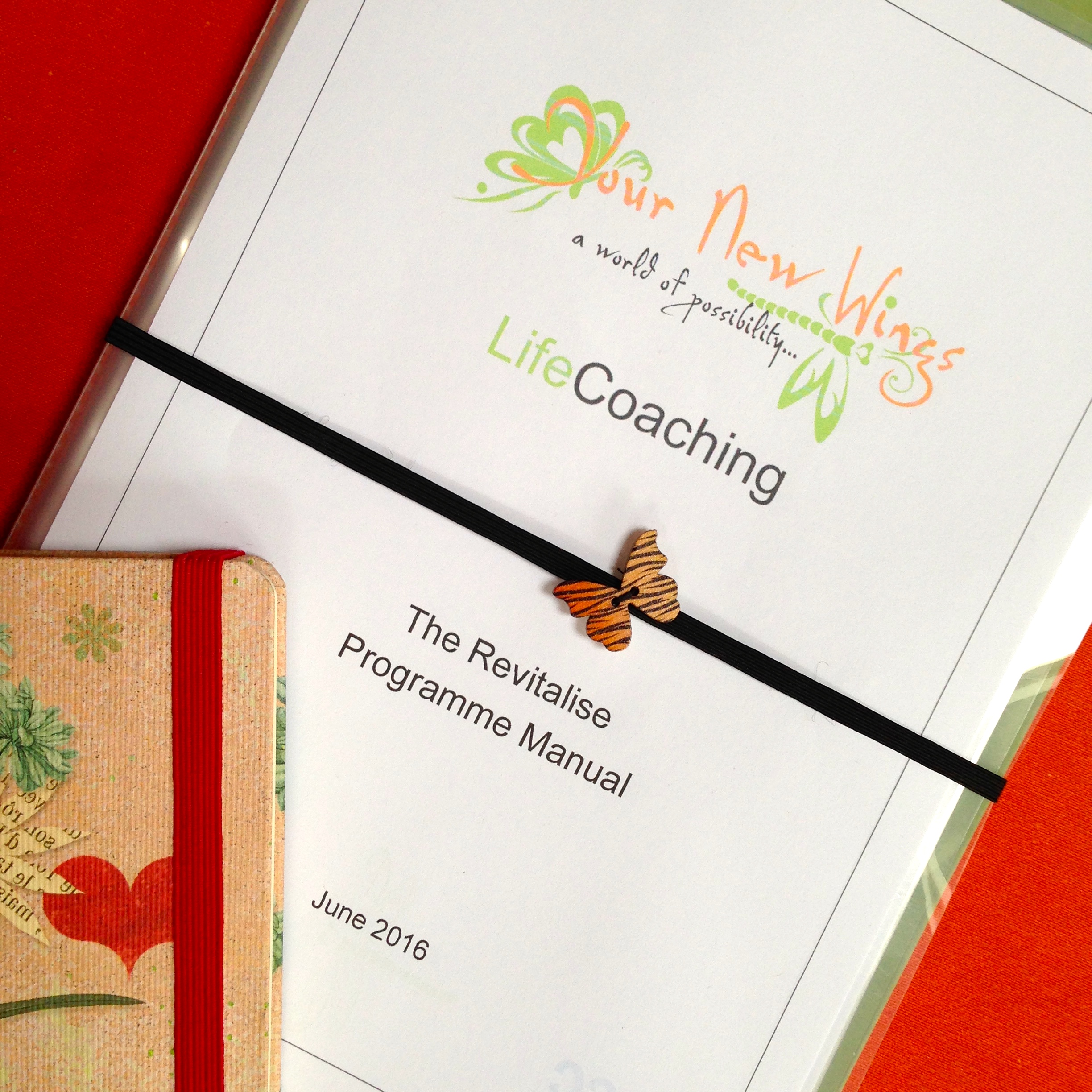


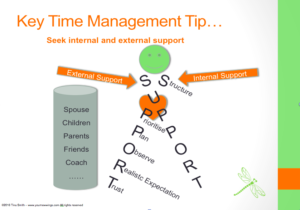
 Key time management tip for busy mums
Key time management tip for busy mums
 As time has gone on I now see the advantage in specialising. It helps my clients feel comfortable that coaching is for them. So when I speak to mums on my website, in my advertising, in my blogs, that is not to say I won’t coach other people! Just ask me, I am happy to coach anyone, from any background. In fact I would love to expand out to developing programmes for dads and perhaps teenagers too sometime in the future. But I do feel a deep connection with mums (being one) and the job that we do. Not that dads don’t do it too, but everyone’s situation is unique and I feel that if I serve mums exclusively in my group coaching that mums will feel more comfortable to join in and to see that coaching really is for them – as a parent, as a woman and as a worthwhile human being – not just as an executive in a company.
As time has gone on I now see the advantage in specialising. It helps my clients feel comfortable that coaching is for them. So when I speak to mums on my website, in my advertising, in my blogs, that is not to say I won’t coach other people! Just ask me, I am happy to coach anyone, from any background. In fact I would love to expand out to developing programmes for dads and perhaps teenagers too sometime in the future. But I do feel a deep connection with mums (being one) and the job that we do. Not that dads don’t do it too, but everyone’s situation is unique and I feel that if I serve mums exclusively in my group coaching that mums will feel more comfortable to join in and to see that coaching really is for them – as a parent, as a woman and as a worthwhile human being – not just as an executive in a company.